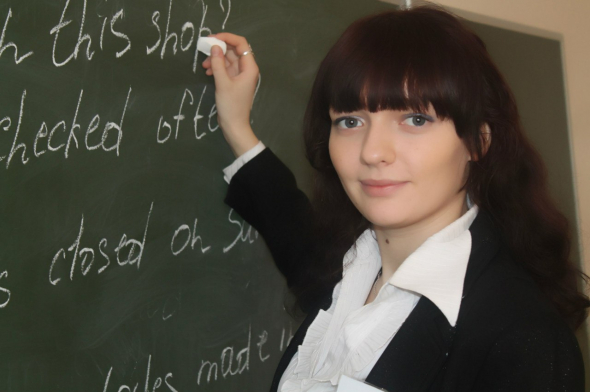Просмотр содержимого документа
«Презентация на тему "Present Simple Tense"»

Present Simple Tense
Учитель английского языка Мамедова Любовь Александровна
НОУД и ПСО “ Праздник+ ”
г. Санкт-Петербург

Content:
- Use 1
- Examples
- Use 2
- Examples
- Grammatical view
- Questions
- Negative sentences
- Exercises
- Video

USE 1:
Repeated Actions
Use the Present Simple to express the idea that an action is repeated or usual . The action can be a habit, a hobby, a daily event, a scheduled event or something that often happens.

Examples
Subject + (Verb) + ( s, es ) + Object
- I play tennis.
– She doesn’t play tennis.
- The train leaves every morning at 8 am.
– The train doesn’t leave at 9am.

USE 2:
Facts or Generalizations
The Present Simple can also indicate the speaker believes that a fact was true before, is true now, and will be true in the future.
It is not important if the speaker is correct about the fact.
It is also used to make generalizations about people or things.

Examples
Subject + (Verb) + (s, es) + Object
- Cats like milk.
- Birds like milk.
- - Windows are made of glass.
- - Windows are made of wood.

Grammatical View
Present Simple, third person singular
Note:
He she it
in the third person singular the verb always ends in : s
He want s she need s

Add es to verbs ending in:
X sh ss
he fi x es it pu sh es he pa ss es
ch o
She cat ch es he g o es
x

Questions
- Do I (you, we they) write a letter?
- Yes, I do No, I don’t
- Does he (she) write a letter?
- Yes, he does No, he doesn’t

Negative sentences
- В отрицательной форме частичка not присоединятся к вспомогательному глаголу
- I (you, we, they) don’t write a letter
- He (she) doesn’t write a letter

Раскройте скобки, употребляя глаголы в Present Simple
- My working day ( to begin ) at seven o’clock.
- I ( to get) up, ( to switch ) on the radio and ( to do ) my morning exercises.
- It ( to take ) me fifteen minutes.
- At half past seven we ( to have ) breakfast.
- My father and I ( to leave ) home at eight o’clock.
- He ( to take) a bus to his factory.
- My mother ( to be ) a doctor, she ( to leave ) home at nine o’clock.
- In the evening we ( to gather ) in the living room.
- We ( to watch ) TV and ( to talk ).

Видео урок





























